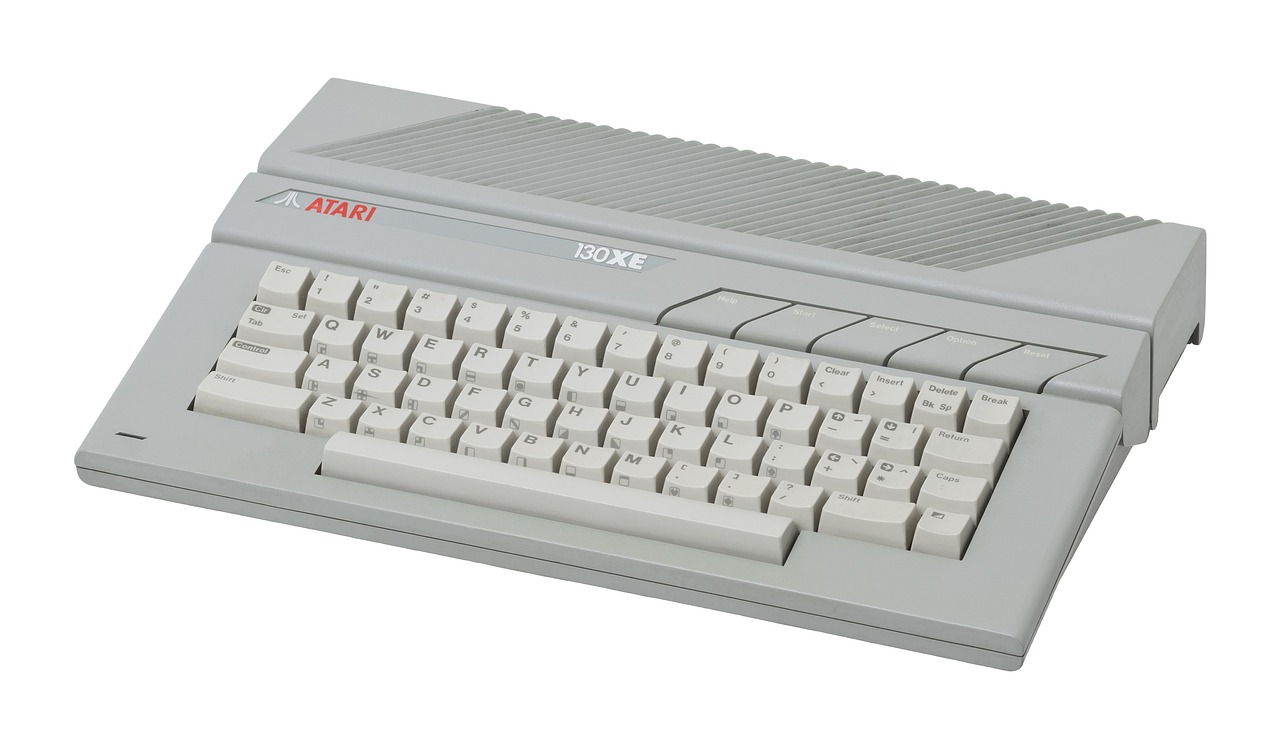The Role of Artificial Intelligence in Music Composition and Production
Over the past few decades, the integration of artificial intelligence (AI) technology in music composition and production has significantly evolved. AI has been utilized to assist musicians in generating melodies, harmonies, and even entire compositions. Early experiments with AI in music can be traced back to the 1950s, when computers were first used to create musical scores. However, these early attempts were quite rudimentary compared to the advanced AI systems we see today.
As technology progressed, AI algorithms became more sophisticated and capable of mimicking human creativity in music composition. The 1990s marked a turning point with the development of software programs like Emmy and GenJam, which could improvise jazz solos in real-time. These early successes paved the way for further advancements in AI music composition and production, leading to the creation of tools like Magenta by Google and AIVA, which are capable of generating complex musical pieces autonomously.
• The integration of artificial intelligence (AI) technology in music composition and production has significantly evolved over the past few decades.
• Early experiments with AI in music can be traced back to the 1950s when computers were first used to create musical scores, though these attempts were rudimentary compared to today’s systems.
• In the 1990s, software programs like Emmy and GenJam emerged, capable of improvising jazz solos in real-time.
• Advancements in AI algorithms have allowed for more sophisticated tools like Magenta by Google and AIVA, which can autonomously generate complex musical pieces.
Current Applications of AI in Music Creation
AI has proven to be a powerful tool in revolutionizing music creation. It can assist artists in generating melodies, harmonies, and even entire compositions swiftly and efficiently. By analyzing vast amounts of music data, AI algorithms can suggest creative ideas and help musicians explore new horizons in their sound production.
Moreover, AI has enabled the development of tools that can enhance the overall music production process. From automated mastering services to plugins that offer real-time feedback on song structure and arrangement, AI technologies are becoming indispensable in the studio. These advancements not only save time for artists but also open up possibilities for experimentation and innovation in music composition.
Advantages of Using AI in Music Production
One of the key advantages of utilizing AI in music production lies in its ability to enhance creativity and inspire new ideas. By analyzing vast amounts of musical data and patterns, AI algorithms can suggest novel chord progressions, melodies, and even entire compositions that may not have been considered otherwise. This can greatly benefit musicians and producers by serving as a creative catalyst and sparking innovative directions in their music-making process.
Moreover, AI in music production can significantly streamline the workflow and reduce time-consuming tasks for artists. Tasks such as audio editing, sound synthesis, and even mastering can be automated with the help of AI tools, allowing musicians to focus more on the artistic aspects of their music. This automation not only increases efficiency but also ensures consistency in the production process, ultimately leading to a more polished and professional end result.
What is the history of AI in music composition and production?
AI has been used in music composition and production since the 1950s. The first known example of AI-generated music was created by the computer program “Illiac Suite” in 1956.
What are some current applications of AI in music creation?
AI is currently being used in music production to assist with tasks such as melody generation, sound synthesis, and beat creation. It can also analyze data to predict trends in the music industry.
What are some advantages of using AI in music production?
Some advantages of using AI in music production include increased efficiency, the ability to create music at a faster pace, and the potential for discovering new and unique sounds. AI can also help artists to experiment with different styles and genres.







